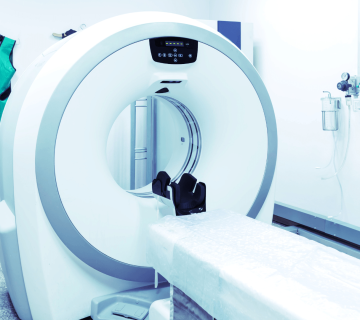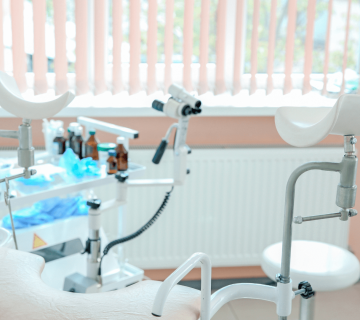Laboratory Department: An essential pillar in accurate diagnosis and patient care
Introduction:
The Laboratory Department is considered the heart of the health system, as it provides medical sample analysis services to contribute to accurate diagnosis of diseases and follow-up treatment. In this article, we will explore the role of the laboratory department and its importance in providing integrated healthcare.
The vital role of the laboratory department:
1. **diagnoses of illnesses:**
The laboratory department is where blood, urine, and other fluid samples are analyzed to diagnose a wide range of diseases, including infections, chronic diseases, and genetic diseases.
2. **Monitoring treatment:**
The laboratory department contributes to monitoring the effectiveness of treatment by providing the results of various tests to evaluate the patient’s response to treatment.
3. **Analysis of vital functions:**
The laboratory department allows analysis of the functions of organs and systems in the body, such as liver, kidney and thyroid functions, to provide a comprehensive picture of the health condition.
4. **Infectious disease examination:**
The laboratory department is used to examine samples to determine the presence of infection and identify infectious disease-causing organisms.
5. **Predictive analyzes and genetic tests:**
The laboratory department can provide predictive analyzes to evaluate various health factors and genetic tests to detect hereditary diseases.
Improving the efficiency of the laboratory department:
To improve efficiency and effectiveness in the laboratory department, the following actions can be taken:
1. **Adopting modern technology:**
Updating equipment and technologies in the laboratory department to improve the accuracy of results and speed up operations.
2. **Improving management processes:**
Improving management processes and organizing inspections to ensure accuracy and smooth work.
3. **Training of cadres:**
Providing continuous training programs for workers in the laboratory department to improve their skills and update their knowledge.
4. **Enhancing communication with medical teams:**
Improve communication with doctors and other medical teams to better understand patients’ needs and improve the quality of services.
5. **Developing new services:**
Exploring the possibility of expanding laboratory services to provide new analyzes and examinations for patients.
Close of:
The laboratory department plays a crucial role in providing accurate and effective diagnosis to patients. Thanks to advanced technologies and continuous improvement in processes, the laboratory department contributes to improving the quality of health care and ensuring the provision of medical services in an integrated manner and based on scientific foundations.


